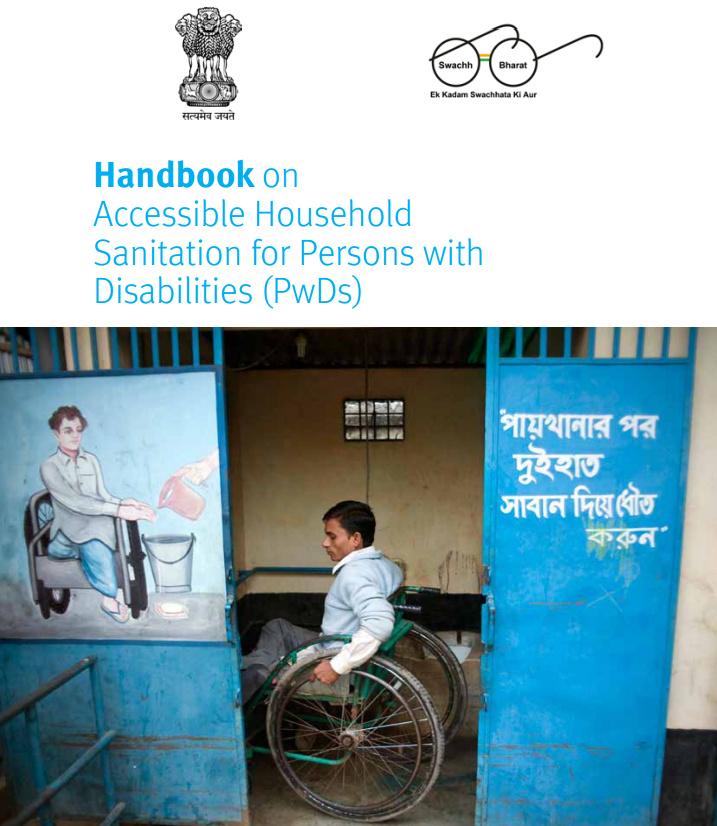Momentum Mounting for Mainstreaming Disability

With the Global Goals’ focus being on “leaving no one behind”, the light has very much been shone on the need to reach those who may previously have been overlooked or neglected in development planning and programming to date. This includes disabled, old and chronically ill people.
Consequently, there has been increasing global appetite for and commitment to mainstreaming disability inclusion in development. DFID’s new Disability Framework is a prime example of this and a very positive step towards ensuring the universality enshrined in the Global Goals. DFAT are also leading the way and have developed a comprehensive Strategy for Strengthening Disability-Inclusive Development. Hopefully it will inspire other key stakeholders (and donors) to follow suit.
In the meanwhile, it has never been more important for examples of best practice and research offering original insight into the intricacies of designing equity and inclusion programmes to be systematically captured and widely shared.
Bolstering the evidence base
An excellent example of this is the SHARE-funded Undoing Inequity project that took place in Uganda and Zambia and ran from 2011-2016. Conducted by SHARE partner WaterAid, the Water Engineering and Development Centre at Loughborough University and Leonard Cheshire Disability, the study investigated the environmental, attitudinal and institutional barriers that disabled, older and chronically ill people face when accessing WASH, and engaged communities to design and test cost-effective and inclusive WASH solutions.
Sharing knowledge
Lessons from and tools formulated during the study have been shared with policymakers, practitioners and researchers and formed the basis of several training sessions. They have also been published in a well-received “Compendium of Accessible WASH Technologies” which has been used by key WASH sector actors in their responses to the 2015 Nepal earthquake and, more recently, contributed to a Handbook on Accessible Sanitation published by WaterAid India and India’s Ministry of Drinking Water and Sanitation.
Innovative communications
In an effort to further disseminate this toolkit and lessons learned, the study’s Principal Investigator has been busy embracing all forms of online engagement available, including participating in an hour-long #IDPD2015 Twitter chat and guest blogging for Bond (Dec 2015) and Devex (Feb 2016) amongst others.
